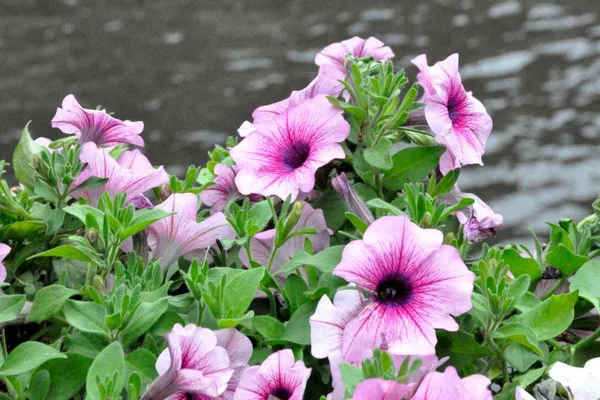Sobirin, a septuagenarian farmer on the north coast of Java Island, Indonesia, has earned his livelihood for decades cultivating jasmine flowers, particularly Jasminum sambac, known as the “queen of flowers.” These aromatic blossoms, revered by royal dynasties, are a cultural staple, commonly used for tea flavoring and devotional offerings, believed to be sacred to Vishnu in Hinduism.
Residing in the Kandang Panjang area, Sobirin’s jasmine farm, once thriving near the Java Sea, faces an uncertain future. Coastal erosion, combined with rising sea levels, has submerged vast stretches of land along Java’s north coast, impacting the livelihoods of farmers like Sobirin. His children have urged him to relocate from Kandang Panjang village, approximately 80 kilometers west of Semarang, the provincial capital.
The gradual sinking of land and escalating high tide prompted Sobirin to elevate his home’s floor three times since a devastating storm surge in 2010. Despite government assistance of 7 million rupiah ($450) for adapting his residence, Sobirin’s land value has plummeted due to the imminent threat of coastal erosion.
Local government official Aji revealed that the 2010 storm surge permanently inundated most agricultural land and aquaculture ponds in northern Pekalongan district, leaving only a few operational. Traders, once drawn to Pekalongan for its jasmine, now find a diminished flower economy as saltwater has compromised the soil.
Coastal erosion, accentuated by global phenomena like rising sea levels, has far-reaching consequences. A 2018 study reported widespread destruction, affecting 28,000 square kilometers worldwide, emphasizing a tenfold increase compared to Hong Kong’s land area. Furthermore, Semarang is identified among the fastest-sinking major cities globally.
Efforts to combat the encroaching sea, including costly stone barriers, have seen limited success. Eko Teguh Paripurno, overseeing a disaster management program, acknowledges the complexities of adapting to changing coastlines. Some farmers explore alternative practices like aquaculture and vertical farming, attempting to mitigate the impact on agriculture.
Sobirin, once a familiar sight picking jasmine flowers, now manages a small business renting plastic baskets used in local ceremonies. Despite pleas from his children to relocate, Sobirin, emblematic of many facing coastal erosion, resists leaving his ancestral home, underscoring the emotional ties and economic challenges associated with such relocations.
Sella Lestari Nurmaulia, a lecturer at the Bandung Institute of Technology, emphasizes the difficulties inherent in moving affected families. The attachment to ancestral homes, coupled with uncertainties about income in new locations, complicates the decision-making process for those grappling with the impacts of coastal erosion.


